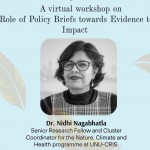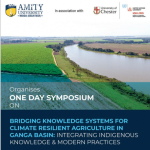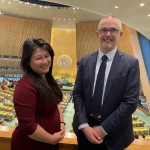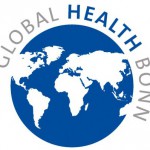UNU-CRIS Supports Capacity Building in Global Health through Workshop and Expert Session
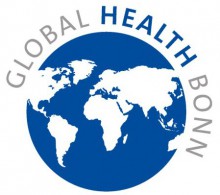
On 7 May 2024, Dr. Nidhi Nagabhatla from UNU-CRIS conducted a mini-workshop on the Climate-Water-Health Nexus, tailored for the cohort of the Master’s program in Global Health – Risk Management and Hygiene Policies of the University of Bonn coordinated by UNU-EHS. The workshop, [1 pm to 4:30 pm], included lectures and a class exercise covering critical topics such as the interconnections between water, climate, and health, with a particular focus on migrant communities. Dr. Nagabhatla emphasized the importance of integrating health support services with climate action, especially in the context of mental health. The session also explored global and regional governance mandates on climate sustainability and mental health, supported by empirical data and case studies. Additionally, the nexus between climate-health and artificial intelligence (AI) was discussed, highlighting innovative approaches to these intertwined challenges.
Following this workshop, UNU-CRIS will further contribute to the program by participating in Module 8 on June 20th, 2024, from 1:00 pm to 2:30 pm (online). This session, titled "Tackling Future Infodemics (Climate, Health, and AI)," will feature Dr. Nidhi Nagabhatla and Dr. Santosh Vijaykumar, Visiting Fellow of UNU-CRIS will address the impact of misinformation on climate change, health, and AI. They will discuss how misinformation about global warming hinders public understanding and policy-making, spreading false health information during crises like COVID-19, and exaggerated claims about AI capabilities. Strategies to combat infodemics, such as enhancing media literacy, ensuring transparent communication, implementing regulatory policies, and fostering stakeholder collaboration, will be highlighted. The session aims to build resilience by fostering an informed society better equipped to tackle climate change, health crises, and AI challenges.
These contributions by UNU-CRIS underscore its commitment to capacity building in the global health agenda and policies, providing valuable insights and practical knowledge to future leaders in the field.

